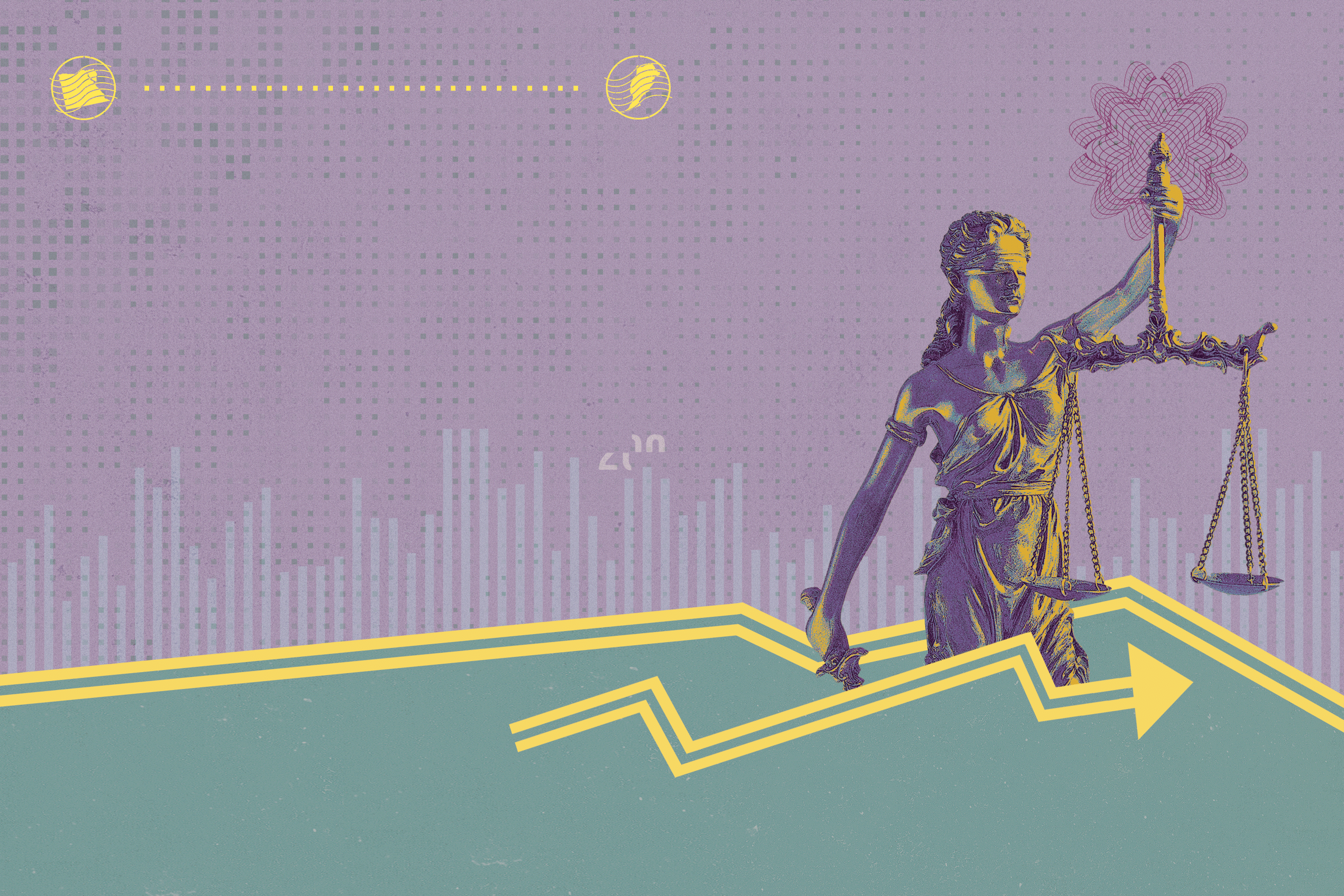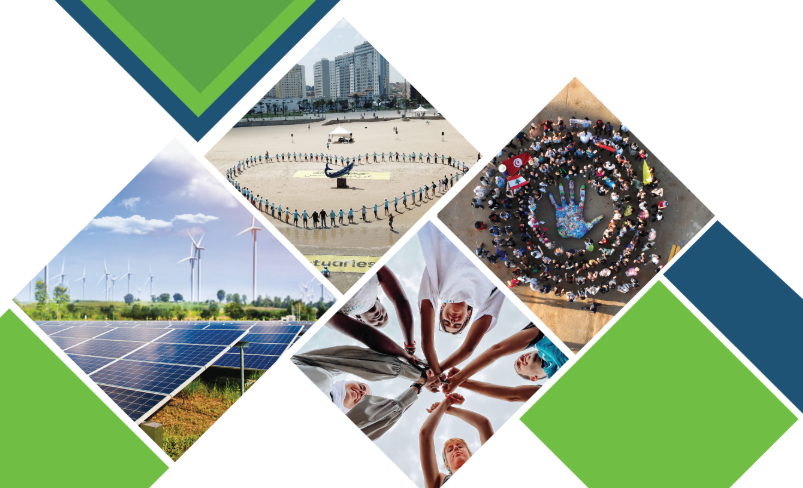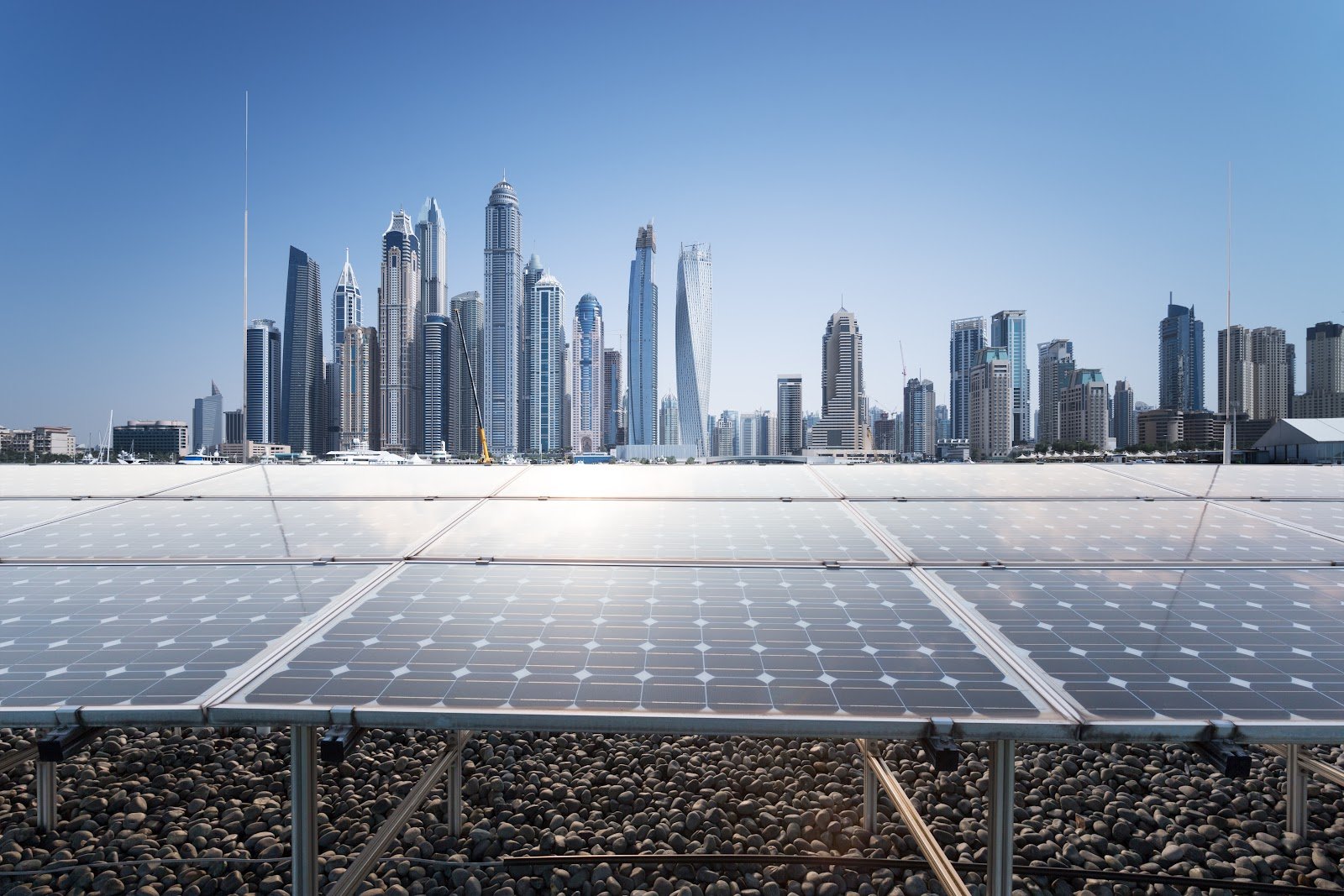Through a series of webinars and white papers, the project aims at laying the theoretical foundations of climate and environmental justice
Beirut, Lebanon – 1 March 2021: Greenpeace Middle East and North Africa and the Arab Forum for Alternatives announced today a series of online webinars that will be organised to discuss the challenges to, and principles of, a green and just recovery in the region in light of the COVID-19 pandemic, which has impacted the lives of almost everyone on Earth. The devastating loss of life, and the socio economic implications have highlighted the failure of the global system, this global crisis must change the way the world functions; the question that remains is: how?
The need for consideration of alternative socioeconomic models in our region is now paramount; the need to improve the quality of life of the hundreds of millions in our region is misconstrued by governments and the economic interests of the few, as a need to develop following the western stereotype of development has fueled extractivism to achieve the goal of relentless consumerism. With this trajectory, the divide between economic classes will only widen and pressure on natural systems will increase as the need to extract from nature will be driven up to pay for ever increasing economic debts and their accumulating interest.
“The region still lacks a serious discussion or an inspiring vision around a sustainable and just future,” said Ahmed El Droubi – Senior Campaigner, Greenpeace MENA. “What we’re aiming to achieve with these webinars and papers is to distill a common set of theoretical foundations of a just economic recovery inlight of Covid19, one that brings the threats to the environment and the climate emergency into context of social justice to set out the principles for a sustainable future.”
Greenpeace MENA partnered with the Arab Alternatives Forum to organise a series of webinars and round-tables with a number of leading academics, political economists and social activists representing various society organisations. The webinars will be held during the month of March and April, and will lead to the publication of a series of thematic white papers around Environmental Justice.
“By hosting and facilitating conversations with academics and experts from the region, and discussing the commonalities of the problems we face, we can bring these looming environmental and social threats to the forefront of public discourse, and highlight the current and impending impacts they have on our societies,” said Mohamed Agati – Director, Arab Forum for Alternatives. “By doing so, we hope to trigger a change in rhetoric and the inclusion of these concerns in the media and within intellectual circles, which will be critical to reshaping regional policy conversations.”
“By tackling the issues of Social and Environmental Justice through a multidisciplinary and regional approach, involving experts, academics and activists from around the region, our hope is that these conversations continue to be built on and developed, leading to real change in our economic systems over time.” concluded El Droubi.
Each online webinar will discuss two topics, with a number of experts present to offer insights and share experiences from different country perspectives. The schedule of the webinars will be as follows, please log on to our social media pages to register via Zoom:
Tuesday, March 9th 2021
- Climate and Social Justice in the Urban Context in the Arab Region
- Water Issues, Climate and Social Justice in the Arab Region
Tuesday, March 23rd 2021
- Industrial Development Strategy
- Energy Sovereignty and Development
Thursday, April 8th 2021
- Biodiversity and Dependent Industries
- Food Sovereignty



